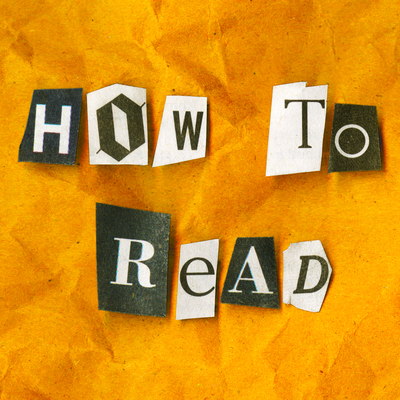Welcome to In Sacred Spaces, a three-episode series in which we visit spaces around New York City that are sacred to specific communities. For this episode, we’re gathered at the Chelsea Piers with members of the ballroom House of Louboutin: Iman, Ciara, Kalik and Shai, as well as Colby, who’s been part of the In Sacred Spaces team since the beginning. All five of them are LGBT individuals who grew up in Baptist churches. Some are now leaders in the Ballroom community and others are advocates for social justice. You can learn more about each of them on our website. They share their reflections on our first two episodes, as well as how they personally relate to grace, love, motherhood and community.
Category: Episodes
Welcome to In Sacred Spaces, a three-episode series in which we visit spaces around New York City that are sacred to specific communities. For this episode, we’re at Grace Congregational Church of Harlem, with Pastor Nigel Pearce and his wife, First Lady Lisa Pearce. Nigel and Lisa discuss how acting with love shapes everything from their renovation of the church building to the spiritual values of their community.
Welcome to In Sacred Spaces, a three-episode series in which we visit spaces around New York City that are sacred to specific communities. For this episode, we’re at St James Presbyterian Church and talking with its pastor, Reverend Derrick McQueen. Derrick explains how spiritual grace can give oppressed people a sense of their own sacred value.
When you think about historical reenactment, you probably think about reenacting Civil War battles or performing a character at a Renaissance fair. But Catherine Grant is interested in artists who use reenactment to ask questions about the history of feminist and queer activism, and the role of artists in political life. By reenacting and remixing scenes from history, these artists revive stories from the past that might illuminate the present in surprising ways. Beyond the realm of art, Catherine wants us to recognize the power of performing repeated actions in our everyday lives.
Music can tell stories in a variety of ways: operas and musicals have characters and plots, a song can tell a short story, and even music without words can take listeners on a journey. But Randall Eng is interested in using unexpected texts like photocopier manuals and legal pamphlets to produce musical compositions that tell new stories. By cutting up and rearranging these existing texts – also known as “found texts” – he wants to repurpose the original words to transform their meanings and convey new messages.
During the Cold War, the US and Chinese governments didn’t drop bombs on each other, but they did drop translated works of literature. In fact, national governments put a lot of effort into creating translations that covertly served their political agendas. In the case of the US, this meant emphasizing values like freedom and self-reliance, with which they hoped to win the hearts and minds of Chinese readers. But while propaganda is meant to convey one simple message, Lamyu Maria Bo argues that literature can’t be reduced to a single meaning – and meanings multiply even more in translation.
